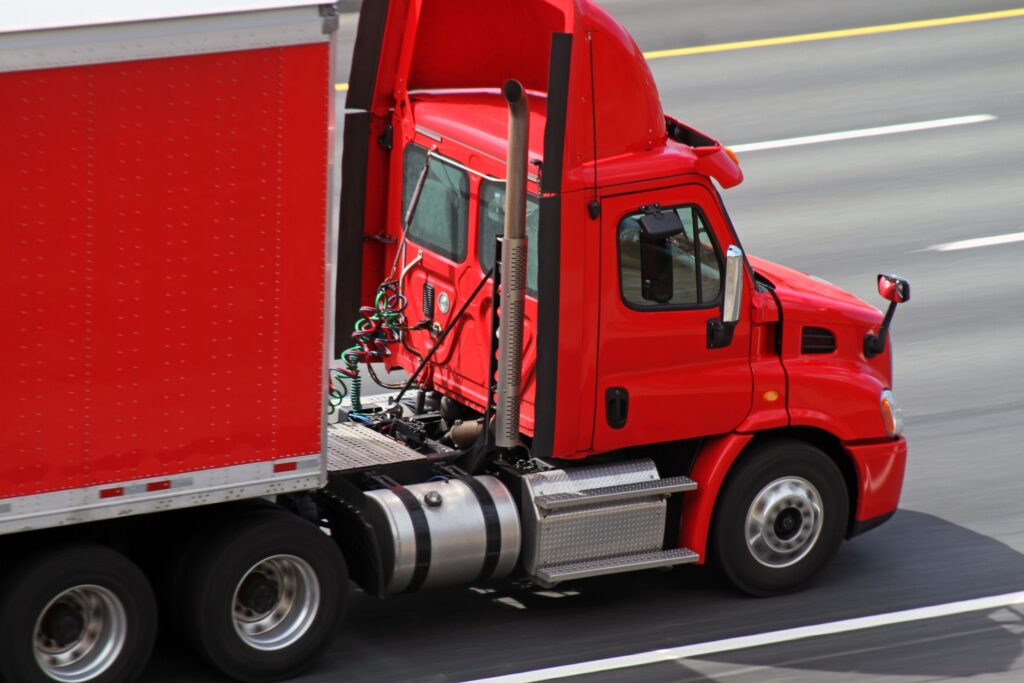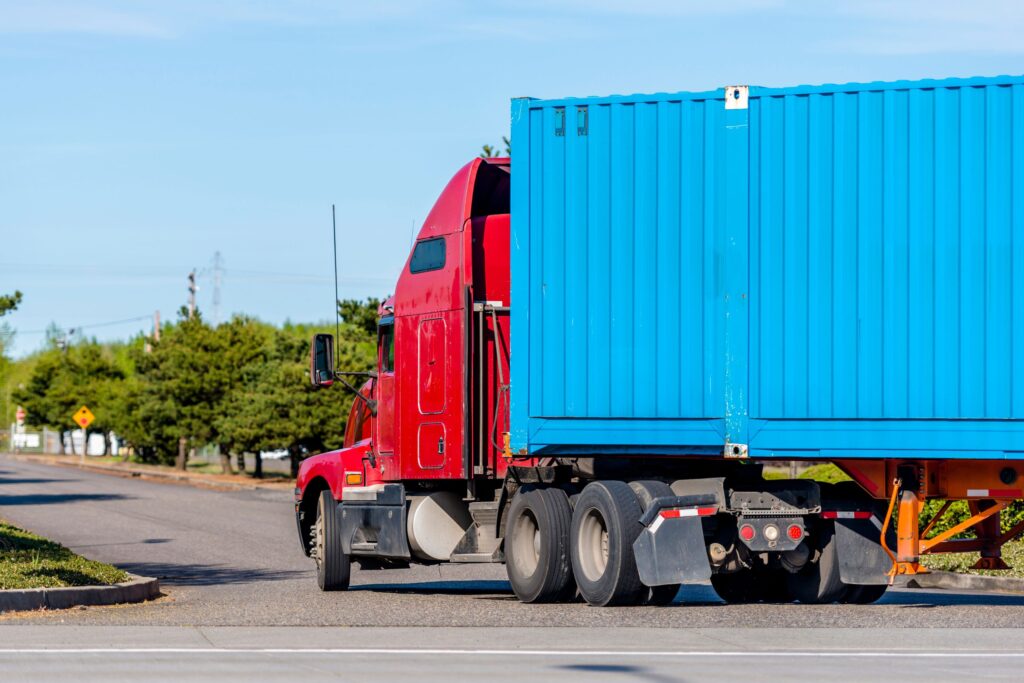East Coast Transport provides an efficient LTL freight service that moves your shipment quickly to the destination and maximizes your business productivity. With our LTL freight service, you save time and money.

Are LTL Transportation Services
Right For Your Freight?
The economy of LTL transportation can be a real advantage to your business and your bottom line. Less-than-truckload (LTL) transport is ideal for smaller and more frequent shipments. If your load isn’t large enough to fill a 48 to the 53-foot trailer, an LTL freight service is a more economical option. You also get the benefits of decreasing costs and increasing scheduling flexibility.
LTL service loads range between 151 and 20,000 pounds and consist of multiple shipments from multiple customers. Anything over 20,000 pounds requires full truckload shipping to better take advantage of economies of scale.Our experienced team understands your business objectives and delivers shipments on time.
Advantages of LTL Freight Services
How Are LTL Freight Service Rates Calculated?
When calculating LTL freight rates, the first step is to determine which weight rate to use based on a shipment’s weight. As your shipment weight increases, it moves into the new weight category which has a lower rate per CWT or per hundred pounds. Once you determine your weight rate, divide the total weight by 100 to get your CWT. Finally, take this number and multiply it by the applicable weight rate.
For example: (4200 lbs / 100) x 10.38 (2000 lbs rate) = $435.96
Some companies also have the option for pallet rates, which simplifies pricing. This method is based on the number of skid spots used within a trailer and, like CWT rates, the more pallets shipped, the cheaper it is.
What Factors determine
LTL Freight Service Rates?
The rate you pay to ship packages usually depends on the freight company you choose along with a few other factors including:
- Weight or Hundredweight also referred to as CWT
- Tariff or Rate Base or Weight Rate (determined by the class of commodity)
- Density
- Risk to the Freight
- Distance (origin and destination zip codes)
- Additional Services Required
- Fuel Surcharge
- Skid Sizes

Why Choose East Coast Transport for Your
LTL Freight Service
LTL carriers need extensive knowledge of federal regulations for shipping a variety of goods from dry goods to food and beverage and even hazardous materials. East Coast Transport has relationships with several carriers specializing in transporting perishable items, liquids, metals, etc. We help ensure that documents, such as your bill of lading, are properly filled out. We also make sure that our clients can easily locate a dedicated LTL trucking partner to reduce the time spent on managing shipping and receiving. With our LTL freight service, we ensure that your shipment is safe and will be delivered to the correct address without any delays. Our experienced team understands your business objectives and delivers shipments on time to reduce your number of return issues.
